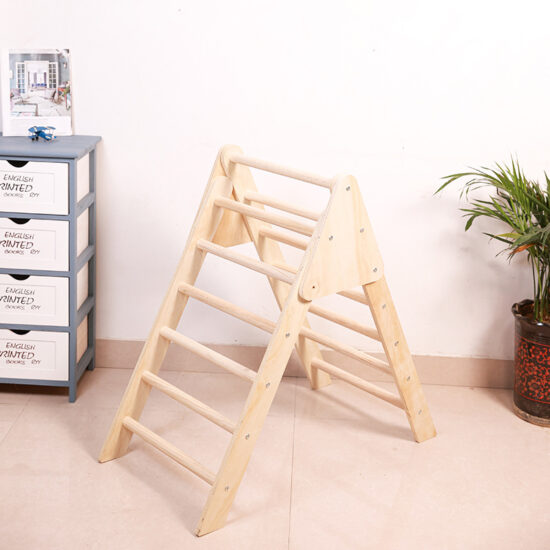jay@nbdho.com
How Wooden Toys Promote Sustainability and Eco-Conscious Parenting
1. Sustainable Material Sourcing
Wooden toys are typically made from renewable materials like rubberwood, bamboo, or FSC-certified timber, ensuring responsible forestry practices. Unlike petroleum-based plastics, wood is biodegradable and has a lower carbon footprint when harvested ethically. Many manufacturers prioritize reclaimed or upcycled wood, further reducing deforestation and waste.
2. Durability and Longevity
High-quality wooden toys resist wear and tear far better than cheap plastic alternatives. Their sturdy construction means they survive years of play, reducing the need for frequent replacements. Unlike plastic toys that break easily and end up in landfills, well-crafted wooden toys can be handed down through generations, promoting a culture of reuse.
3. Non-Toxic and Child-Safe
Many plastic toys contain harmful chemicals like BPA, phthalates, or PVC, which can leach into the environment and pose health risks. In contrast, wooden toys are often finished with natural oils, beeswax, or water-based paints, making them safer for children and the planet. Some brands even use organic dyes and zero-waste packaging to enhance sustainability.
4. Biodegradability and Reduced Waste
At the end of their lifespan, wooden toys decompose naturally without leaving microplastics or toxic residues. Unlike synthetic materials that take centuries to break down, wood reintegrates into the ecosystem, supporting a circular economy. Some companies offer take-back programs to repurpose or compost old wooden toys responsibly.
5. Encouraging Eco-Conscious Values in Children
Choosing wooden toys teaches kids early lessons about sustainability. Parents can explain how wood comes from trees, why recycling matters, and how their choices impact the planet. This fosters environmental awareness and responsible consumption habits from a young age.
6. Lower Carbon Footprint in Production
Manufacturing plastic requires significant energy and fossil fuels, whereas wood processing generally has a smaller environmental impact. Many wooden toy brands prioritize local craftsmanship, reducing transportation emissions compared to mass-produced plastic toys shipped globally.
7. Supporting Ethical and Small-Scale Businesses
The wooden toy industry often involves artisanal makers and small businesses committed to fair labor practices and eco-friendly production. By purchasing wooden toys, consumers support ethical supply chains over exploitative factory conditions common in plastic toy manufacturing.
Conclusion
Wooden toys offer a sustainable alternative to plastic by combining durability, safety, and environmental benefits. They help reduce waste, lower carbon footprints, and instill eco-conscious values in future generations. By making mindful choices in playtime, families contribute to a healthier planet.





